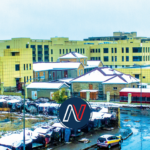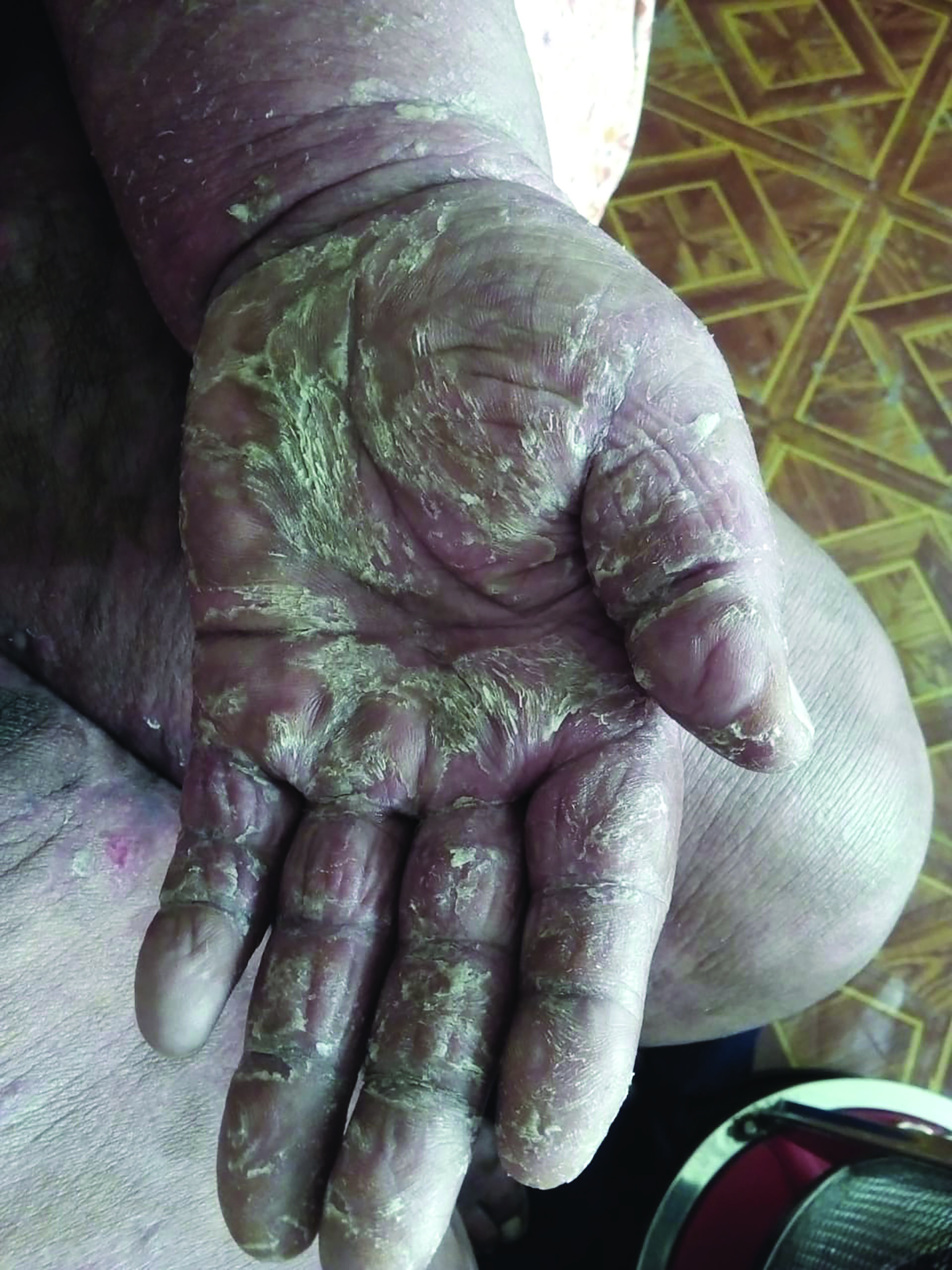Marcia Moyana
An advocacy campaign calling for patient safety during surgical operations was officially launched in Johannesburg, South Africa on Tuesday.
The coalition led by Lifebox, Smile Train, the World Federation of Societies of Anaesthesiologists (WFSA) and the South African Society of Anaesthesiologists (SASA) says that access to capnography in low-resourced health facilities will minimise the risk patients face during surgery.
The capnography device has been used by anaesthesiologists from the Global North for decades to ensure that the patient is still breathing by monitoring and measuring carbon dioxide levels in the blood during surgical operations.
As health professionals who look after patients during surgical operations, critical care and pain management, the body representing around 500 000 anaesthesiologists, WFSA told Newsday Lesotho that getting the support from high-level organisations like the World Health Organisation (WHO) to endorse their advocacy is a priority for the coalition.
“We need to be working at that high level, that WHO level, to provide some of the technical advice about the need for capnography. But we also need the people working at the forefront providing anaesthesia care for patients in operating rooms around the world to be saying we need this monitor,” said the Past and Immediate President of the WFSA, Wayne Morris.
Also in the call for action for the acceleration of access to capnography is to have the WHO to highly recommend the device in the WHO-WFSA International Standards for a Safe Practice of Anesthesia (ISSPA), include capnography alongside pulse oximetry in the WHO Surgical Safety Checklist as required equipment for safe surgery and incorporate capnography as essential in national anaesthesia guidelines by health ministries.
President of SASA, Professor Sean Chetty added that the disparities in the access to quality healthcare and resources in countries like South Africa where up to 90 percent of the population relies on sometimes under-resourced public-health facilities makes the advocacy an urgent priority for the coalition.
The call is also an important one for the rest of the African continent as many health systems remain underfunded and under-resourced.
“It is not only our professional duties but it is our ethical responsibility to ensure that when we fight for patient safety, we are not doing it just in South Africa, we are doing it for patients across the continent,” said Chetty.
This is particularly critical for the continent which is expected to have a shortage of up to 6.1 million health professionals by 2030.
“To provide good health care we need the people as well as the equipment and the hospital spaces. We need the people to really drive this change to ensure that whenever they are anaesthetising patients and they are providing care that has this minimum safe level of monitoring to ensure that we provide the safest possible care,” Morris added.
On the other hand, non-communicable diseases (NCDs) which are responsible for over 41 million deaths each year globally and up to 77 percent of these being in low-and-middle-income countries, Chetty added that the role of anaesthesiologists was critical and therefore needed to be prioritised and well-resourced to be able to provide safety for patients who required surgery as a result of the NCDs.
Chetty further emphasised that with reports that breast cancer is overtaking cervical cancer in Africa with more women that are going to need surgery, anaesthetics was going to play a vital component of any National Department of Health’s priorities in planning health care services.
Smile Train and Lifebox also launched and will be distributing 350 capnographs to Benin, Ethiopia, the Philippines, and Uganda before the end of this year. The high-quality, user-friendly, affordable capnograph is suited for low-resource settings because of its long battery life to mitigate the challenge of poor access to electricity.
Summary
- Also in the call for action for the acceleration of access to capnography is to have the WHO to highly recommend the device in the WHO-WFSA International Standards for a Safe Practice of Anesthesia (ISSPA), include capnography alongside pulse oximetry in the WHO Surgical Safety Checklist as required equipment for safe surgery and incorporate capnography as essential in national anaesthesia guidelines by health ministries.
- President of SASA, Professor Sean Chetty added that the disparities in the access to quality healthcare and resources in countries like South Africa where up to 90 percent of the population relies on sometimes under-resourced public-health facilities makes the advocacy an urgent priority for the coalition.
- Non-communicable diseases (NCDs) which are responsible for over 41 million deaths each year globally and up to 77 percent of these being in low-and-middle-income countries, Chetty added that the role of anaesthesiologists was critical and therefore needed to be prioritised and well-resourced to be able to provide safety for patients who required surgery as a result of the NCDs.

Your Trusted Source for News and Insights in Lesotho!
At Newsday Media, we are passionate about delivering accurate, timely, and engaging news and multimedia content to our diverse audience. Founded with the vision of revolutionizing the media landscape in Lesotho, we have grown into a leading hybrid media company that blends traditional journalism with innovative digital platforms.









